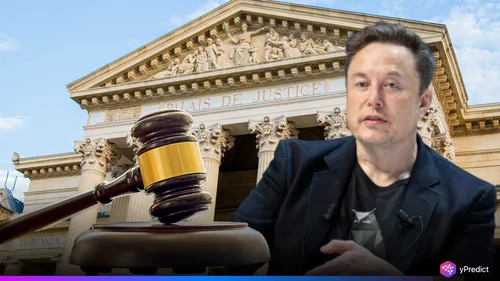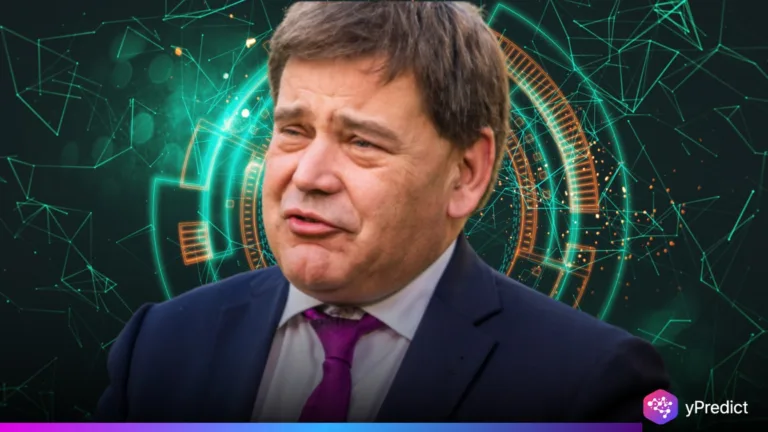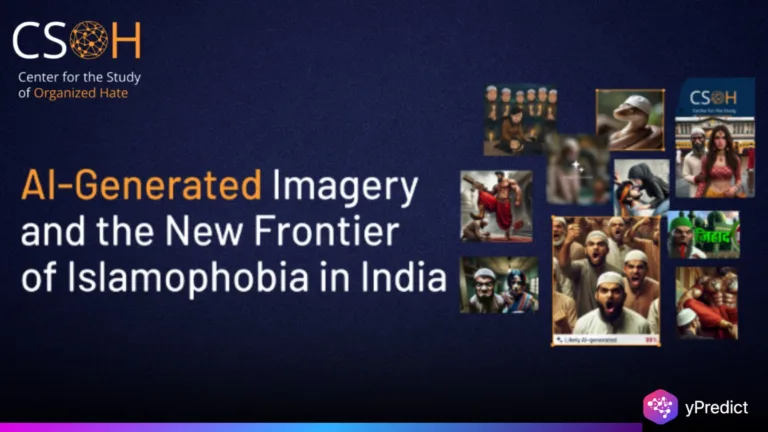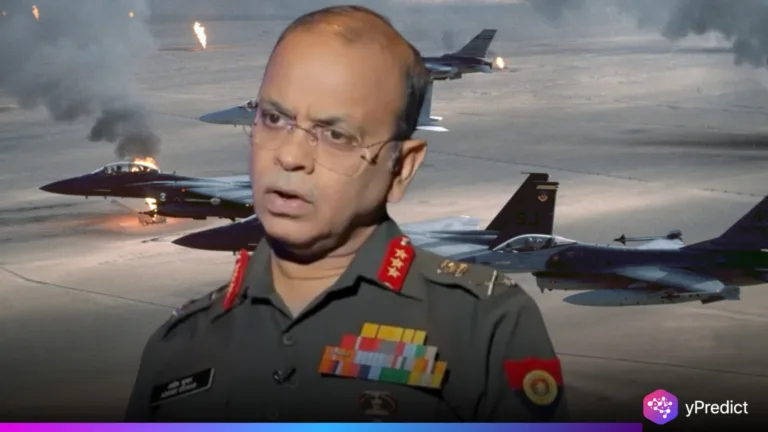
Elon Musk has sparked fresh controversy, this time tied to the 2024 U.S. elections, as a legal case moves forward. A federal judge ruled that Musk must face trial in a civil suit alleging he misled voters through a $1 million election lottery. The case, now under national spotlight, questions the boundary between political campaigning and outright fraud. Arizona resident Jacqueline McAferty filed the lawsuit, claiming Musk and his political action committee, America PAC, tricked voters into signing a petition. They promised million-dollar prizes through a supposed lottery, with winners picked at random. McAferty and others argue the lottery was deceptive and offered no real chance to win.
U.S. District Judge Robert Pitman ruled the case will proceed, rejecting Musk’s attempt to dismiss the charges. This ruling opens the door to a landmark case that could test whether political campaigns can legally use money to influence votes.
Judge Rules Claims Against Musk Are Plausible
Judge Pitman, appointed by President Barack Obama in 2014, ruled that McAferty presented a credible argument. Her allegations suggest that Musk and his PAC wrongly induced voters to share personal information in exchange for entry into the $1 million election lottery.
Pitman’s ruling pointed out that America PAC’s promotional materials used language such as “awarded” and “won,” implying the structure of a genuine lottery. These terms, according to the judge, were enough to make voters believe they had a fair shot at winning. He further stated that it was plausible McAferty justifiably relied on these statements when providing her personal information.
How the Alleged Election Lottery Worked
McAferty alleges that voters in seven battleground states were targeted with promises of life-changing prizes. Participants were asked to sign petitions while submitting their names, addresses, phone numbers, and email details.
The lawsuit states that Musk’s political action committee positioned the payments as daily million-dollar giveaways, resembling a sweepstakes-style contest. However, McAferty argues the scheme was a disguise for voter data collection, designed to benefit political campaigns rather than the participants themselves.
Musk defended his actions by pointing to disclaimers, which stated that recipients of the $1 million were “selected to earn” the money and expected to serve as PAC spokespeople. He argued this distinction prevented the contest from being a true lottery. Judge Pitman disagreed, stating that promotional language created the impression of a random drawing, regardless of the organizer’s intent.
The Broader Implications for Voter Rights
The voter fraud lawsuit raises tough questions about the ethical limits of digital political campaigning. Political data brokers prize personal details like emails and phone numbers, especially in swing states where every vote matters.
Judge Pitman allowed a political data expert to testify on the market value of voter data, which supported McAferty’s claim of real injuries but not financial loss.
The ruling could shape developing laws on how political committees engage voters. If McAferty’s claims gain traction, campaigns may face stricter rules on outreach and voter engagement.
Musk’s Political Influence Under Spotlight
Musk created America PAC to support former President Donald Trump in his successful campaign for the 2024 election. The PAC’s activities were controversial, thus creating admiration from Trump’s supporters and criticism for its $1 million election lottery from opponents who saw it as manipulative.
This lawsuit brings Musk’s political role to the fore once again and critics say it raises questions of whether he blurred the lines between philanthropy, promotion and possible voter manipulation. Legal experts say this case could potentially reshape how wealthy individuals can influence electoral politics.
What Comes Next in the Court Battle
The lawsuit was first filed on Election Day, November 5th, 2024, when a Philadelphia judge had previously denied Musk’s request for a stay in the giveaway program. With Judge Pitman’s ruling, the lawsuit now proceeds to a series of hearings where both parties will be able to present evidence.
Attorneys for Musk and America PAC have not made a comment about the case. McAferty, however, stresses that this lawsuit is about protecting voters from deception. She believes that no campaign, regardless of party affiliation, should be able to deceive citizens while pretending to offer a lottery or giveaway.
Final Thoughts
The case against Elon Musk illustrates the complex interplay of wealth, politics and voter rights in contemporary America. As the lawsuit for voter fraud continues forward, the legal system will make a determination about whether Musk’s actions are unlawful or not. Regardless of the court’s ruling, the case provokes greater discussion about safeguarding voters from deceptive activities in elections.







